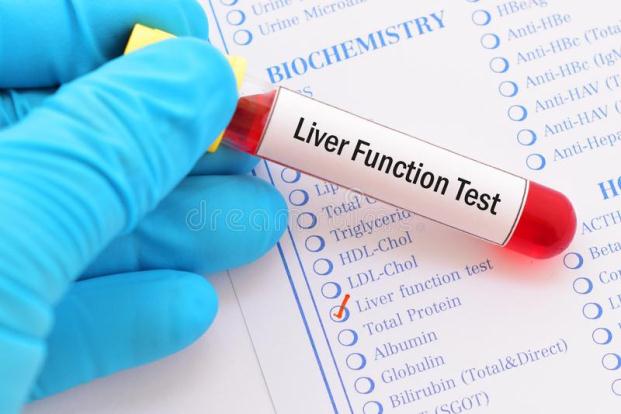What are the most common liver function tests?
Apr 19, 2022
To check if the liver is functioning well, your doctor can recommend few tests to check its health status. The same would usually consist of blood tests and few radiology tests to confirm the diagnosis. It is important that you consult a gastroenterologist to get your liver health assessed and plan your future course of action based on the results.

What does all a Liver Function Test (LFT) include?
LFT must include the following.
- Serum bilirubin (Total and direct fraction)
- Transaminases (SGPT and SGOT)
- Alkaline phosphatase (ALP)
- Serum protein, Albumin, Globulin
- Prothrombin Time (PT-INR)
Each of these indicates a different set of liver functions and helps to identify various diseases affecting liver directly or indirectly.
What do the levels in the liver function tests imply?
- Bilirubin– If elevated in isolation with other LFTs being normal then usually indicative of hemolysis in the background of anaemia. Also if anaemia is absent, then low grade elevated bilirubin in isolation is found in a genetic disease known as Gilbert’s syndrome, which is a benign disorder where there is no cause of long-term worry. In simple terms, elevated levels of bilirubin can indicate jaundice.
- Transaminases-Elevated levels signify damage to the liver cells, and it can occur in hepatitis of any cause-viral, ischemic or drug-induced.
- ALP-Usually elevated in conditions which cause stasis of the bile flow such as the stone in bile duct or tumours of bile ducts and few uncommon diseases known as an infiltrative liver disease (like malignancy, TB, any iodine).
- Serum Protein –If low especially with reversed A: G ratio, it signifies long-term liver disease such as cirrhosis.
- PT (INR)- Elevated in advanced liver disease and used to monitor changes in liver function in the short –term
- GGT- Used to clarify the source of elevated ALP in isolation.I f GGT is also elevated, then usually liver is the cause. Otherwise, ALP can occur in bone and placental disease also. Also, GGT is noted to be high in alcoholics who are actively taking alcohol and can be used to monitor adherence to abstinence.









